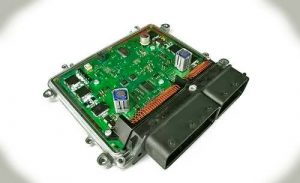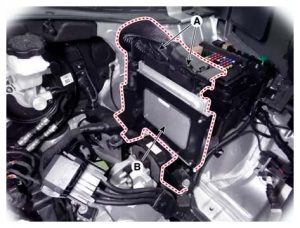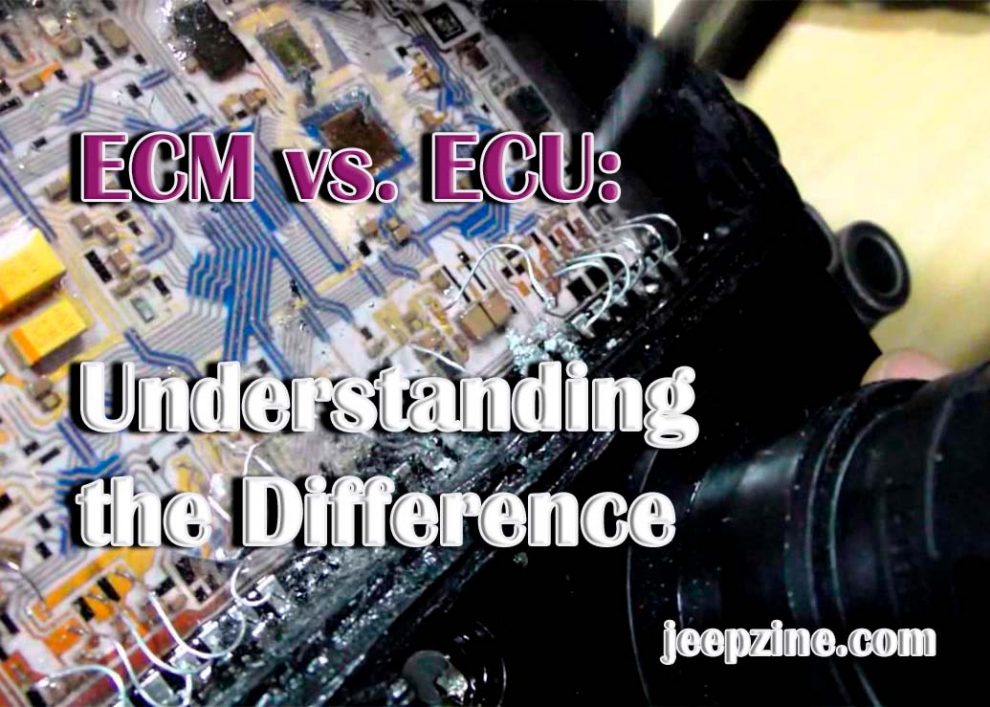In the modern automotive world, engine control modules (ECMs) and engine control units (ECUs) are two important vehicle components. These two systems are responsible for controlling the performance of the engine. However, it’s important to note that they serve slightly different functions, and each plays a vital role in keeping your car running properly. In this article, we’ll take a look at what each of these systems do and how they differ from one another.
Overview of the Engine Control Module (ECM)
The ECM is a computerized component that reads data from various sensors to optimize fuel efficiency and emissions output. It also controls certain other components to maintain smooth operation. Some of these components include spark timing, fuel delivery, idle speed control, transmission shifting, exhaust emissions, and various other features such as cruise control and anti-lock brakes. By utilizing onboard sensors to detect changes in vehicle speed or load conditions, the ECM can adjust any of these components accordingly to maximize performance and efficiency throughout the entire driving range.
Overview of the Engine Control Unit (ECU)

Differences between ECM and ECU

Conclusion
In conclusion, several key differences exist between an engine control module (ECM) and an engine control unit (ECU) in a vehicle. While both components utilize onboard sensors to detect changes in conditions or speeds, the ECM is specifically responsible for controlling the engine’s performance, while the ECU can regulate various other systems such as brakes, transmission, traction control, airbag deployment, etc. Also learn about the benefits of ECU reset. Ultimately these two components work together to maximize performance and efficiency throughout all driving ranges.


Add Comment